By Toyin Falola
I am grateful to Dr. Doyin Aguoru for her invitation to give the Keynote Address at the 2024 African Association of Japanese Studies, holding at Lead City University from October 8 to 10. As I was in the country before this event, delayed communication prevented my in-person attendance. A virtual presentation to the rescue in the era of hybrid conferences, making half a loaf of bread better than one! I know Dr. Aguoru through Professor Ademola Dasylva, who told me the beginning of her interest in Japanese Studies. True to the testimonies of Professor Dasylva, Dr. Aguoru assisted me in organizing a successful TOFAC conference and a small reception. Her experience and competence will be significantly valued in organizing this two-day conference, initially scheduled in Ethiopia.
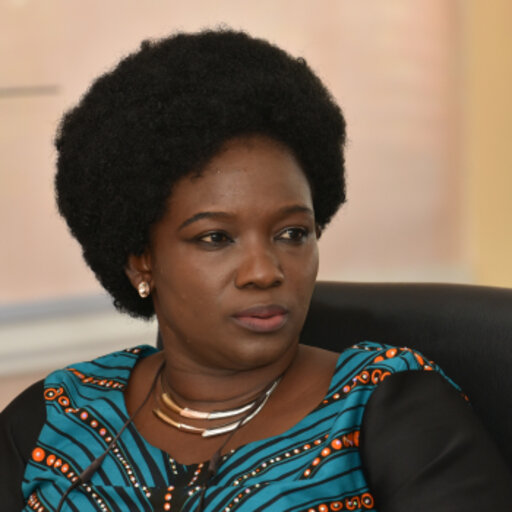
Over the years, Africa and Japan have strengthened their relationships due to the shift in global interest. Their partnership holds promising benefits for both parties. Their collaboration has unlocked new opportunities for economic growth and social progress. The relationship between Africa and Japan dates to the colonial era. Japan is an essential factor that has been assisting African governments to achieve their developmental goals.
The relationship between Africa and Japan was established mainly for economic reasons, focusing on development and humanitarian aid. However, there has been a turn of events recently as Japan has also shown interest in the political dimensions. As analysts observe, Japan desires to become a permanent United Nations Security Council (UNSC) member. This will strengthen the ties with African countries because they are the largest constituencies within the UN. The visit of the former prime minister of Japan, Mori Yoshiro, to Nigeria, South Africa, and Kenya in 2001 marked an important event in Japan’s relationship with Africa, as it was the first visit made by a sitting prime minister.
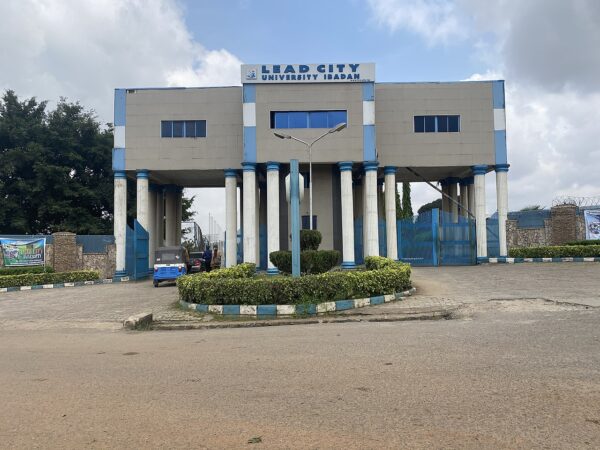
Recently, African countries are gaining impetus on the international radar. As a result of this, Japan intends to be a collaborative partner to foster mutual growth with Africa. The 9th TICAD summit is planned to be held in 2025 in Yokohama. People are monitoring the meeting to know the extent to which Japan will formulate important policies for African development.
To observers, Japan’s relationship with Africa is focused on humanitarian partnership. The economic wealth of Japan can be tapped to establish a positive aid environment. TICAD is a platform organized by Japan to aid the development of Africa. Japan also established a self-help policy on industrialization, aiming to share the benefits of these policies with African countries. The Japanese government promises to reinforce its relationship with Africa, the world’s most significant growth market. Africa also seeks to attract investment from various sources, including Japan, to aid sustainable growth and development.
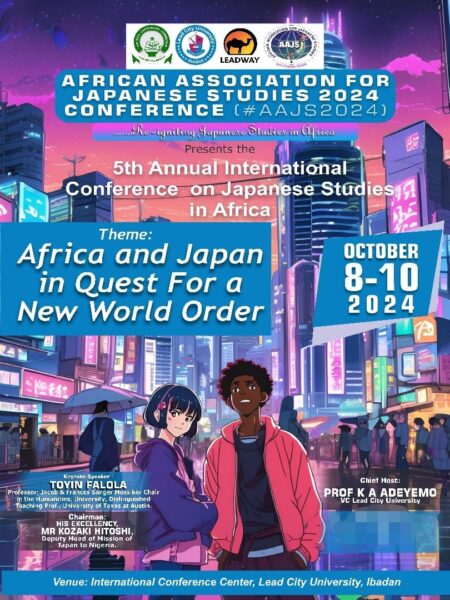
Japan has long developed a positive leadership role in Africa’s development. One prominent example is the Tokyo International Conference on African Development (TICAD), formulated by the Japanese government in 1993 to foster African development. The organizers of TICAD invite African leaders, development organizations, and private sector representatives to discuss the continent’s development.
TICAD provides policy guidelines on the development of Africa. The organization has evolved into a global structure, facilitating the execution of policies that promote African development. TICAD’s initial contributions to Africa were mainly in development and poverty alleviation. However, the focus has been extended to education, health, and community development. Recent TICAD meetings have covered issues around climate change and infrastructural development. Two years ago, the Kishida-led administration announced the grant of $30 billion to Africa during the Tokyo International Conference on African Development. The Japanese foreign minister visited three African countries, namely, Madagascar, Ivory Coast, and Nigeria, to promote economic cooperation among the nations.
Japan is trying to strengthen its diplomatic relations with Africa by collaborating with the coalition of developing countries known as the “Global South.” The Moroccan Foreign Affairs Minister, Nasser Bourita, met with Japan’s Minister of Foreign Affairs, Kamikawa Yoko, on May 31, 2024, and both signed a “Memorandum of Cooperation for a Strengthened Partnership” between the two countries. Minister Nasser also met with the Minister of Economy, Trade, and Industry to discuss the cross-border connectivity between Japan and Africa. The Japanese Minister also announced the appointment of a representative to the Japanese embassy to strengthen commercial relations and promote the creation of Japanese companies in Morocco.
The Japan Organization for Metals and Energy Security (JOGMEG), the body in charge of raw materials, signed several contracts with some African countries in 2023. This is to strengthen their relationship and also procure mineral supplies for its energy transition as Africa is endowed with mineral resources. The Japanese Minister of Economy, Trade and Industry and JOGMEG representatives visited five African countries with large mineral reserves. The involved countries include Angola, Madagascar, Namibia, Zambia, and DRC. These agreements allowed Japan to extract mineral resources pertinent to their high-tech industries. This visit aims to boost the investment in African mineral resources.
The agreement signed with the government of Namibia will allow Japan to extract rare minerals, while the contract with Angola will help advance trade cooperation. DRC’s wealth of cobalt, lithium, and copper are vital minerals for Japan’s electric vehicles. The agreement signed in Zambia is a statement that gives Japan access to the country’s mining sector, while Madagascar gave Japan the go-ahead to mine the country’s nickel and cobalt. This move was taken to limit Japan’s dependence on China for mineral resources and strengthen its economic security.
The collaboration between Africa and Japan has led to some notable developments. Big Japanese companies such as Toyota, Honda, and Nissan have extended their operations to Africa. Honda sees West Africa as a formidable growth market and started the automobile business in four countries: Nigeria, Ghana, Benin, and Cote d’Ivoire. Nigeria Honda established a local automobile business subsidiary in Nigeria in 2013, and production started in 2015. In Ghana, Honda has been selling automobiles through private distributors since 1997. The company has begun production locally in the country.

At the Ministerial Meeting ahead of the TICAD 9 Summit in Yokohama, Japan, in 2025, the African Union and Japan discussed a project to create a Sustainable Future for Africa. Under the theme “Co-create Innovative Solutions with Africa,” the government of Japan with the African Union Commission (AUC), the United Nations Office of the Special Adviser on Africa (UNOSSA), the United Nations Development Programme (UNDP) and the World Bank held a two-day Ministerial Meeting on August 24th and 25th, 2024. This meeting was followed by a Joint Senior Officials Meeting, where the TICAD organizers mainly discussed and reviewed the progress recorded since the last TICAD 8 Summit held in 2022 Tunis, Tunisia.
Although there are limitations, the Africa-Japan relationship so far has been promising. It holds immense potential for transformative growth and development of the African countries. The relationship has fostered economic growth, infrastructural development, and human development in Africa. The government of Japan also benefits from this partnership as it boosts its economy and gives the country a global influence.
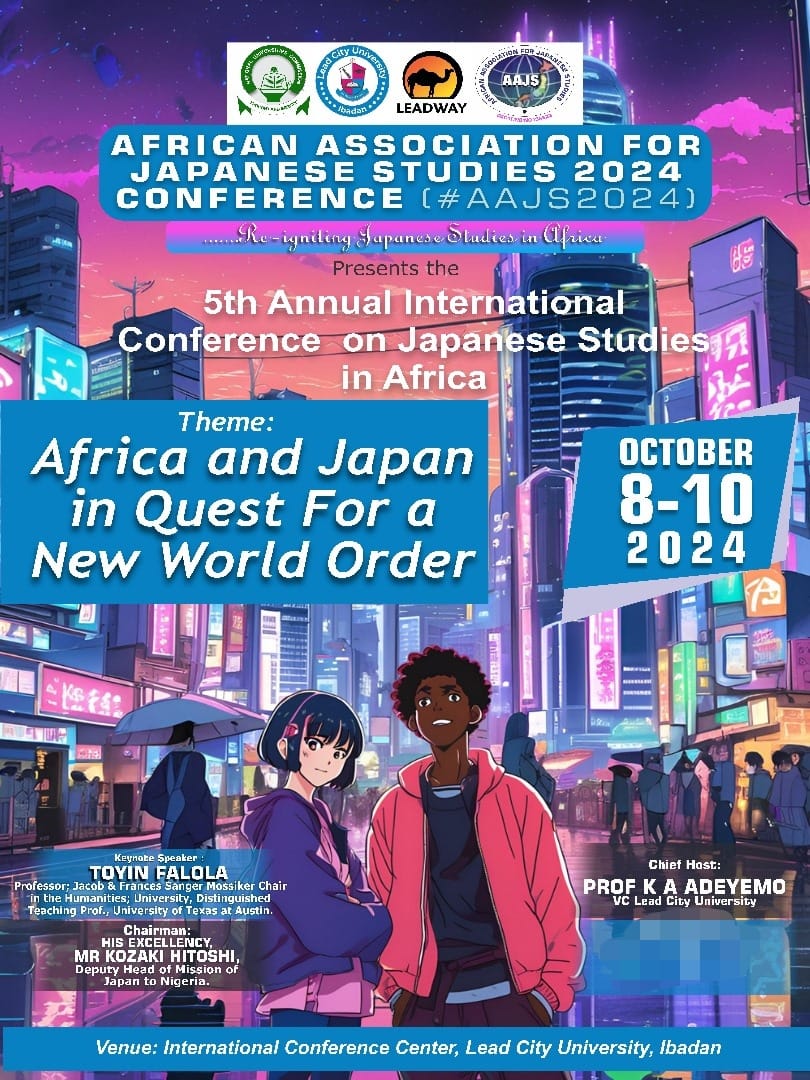
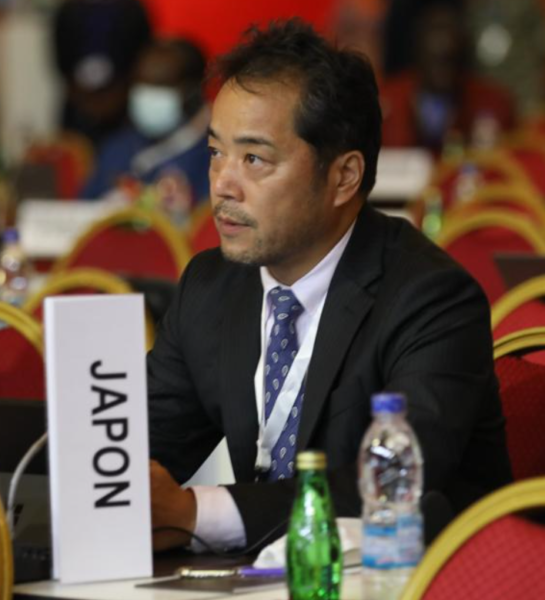
Africa-Japan relations must go beyond supplying raw mineral resources to Japan. Africa as continent should be a value adder with a view to creating jobs for her teeming youth population. This would reduce drastically the crime rate in the continent.